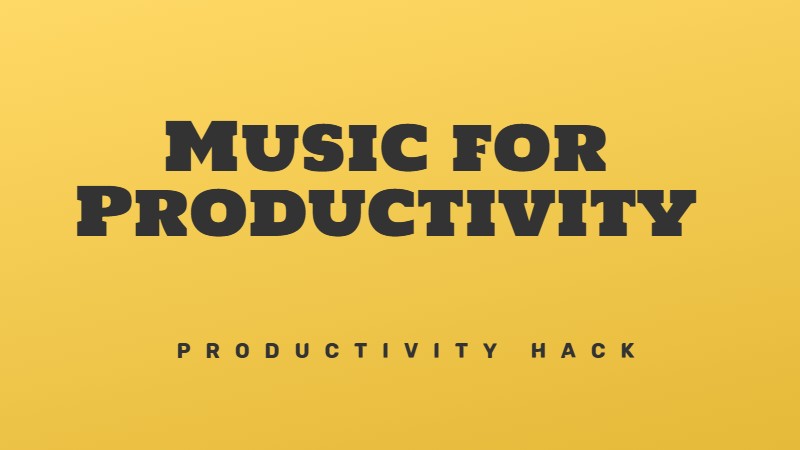Most productivity advice focuses on managing time, setting goals, or finding motivation. Yet these approaches miss something fundamental. The hardest part of any project isn’t doing the work – it’s starting the work.
I learned this lesson while watching Laura Mae Martin, Google’s executive productivity advisor, coach some of the world’s smartest people through their toughest projects. Her solution wasn’t more time or motivation. It was a 5-minute end-of-day ritual, so simple anyone can do it.
Your most powerful productivity tool isn’t willpower. It’s your yesterday self.
Make big projects simple to start
Your project sits waiting. You know exactly what needs to happen, yet you find yourself doing anything else but starting that important task. Sound familiar?
The mental divide between planning and doing
When facing big projects, our brains often freeze at the thought of complex work ahead. This common response happens because we’re trying to handle two separate mental tasks at once: planning what to do and actually doing it.
By splitting these functions, you make both easier. This is where the 5-minute preparation hack works wonders.
How the 5-minute preparation hack works
The concept is straightforward. Spend just 5 minutes at the end of your day preparing your workspace for tomorrow’s important project. Think of yourself as your own personal assistant, asking: “What small steps would make starting this project easier for my future self?”
For a report you need to write:
For a website you need to build:
This minimal preparation creates what psychologists call a “commitment trigger“. A small action that makes the next step almost automatic.
Why this hack works so well
This preparation method works because of three psychological principles:
Real-life example
James, a software developer, struggled with starting new coding challenges. He started using 5 minutes each evening to:
“The next morning, I sit down and start coding immediately. No more staring at a blank screen wondering where to begin,” he says.
How to make this habit stick
Start with just one important project. The night before:
The key is keeping preparation simple. You’re not trying to do the work – you’re making the first step trivial for tomorrow’s self.
Beyond work projects
This technique works just as well for personal goals:
Bottom line
Every big achievement in human history started with a small action. The first word written in a bestselling novel. The first line of code in revolutionary software. The first sketch of a masterpiece.
This 5-minute preparation hack simply makes those first actions happen more reliably.
The strategy works across all domains because it targets the universal human tendency to resist beginnings. By splitting planning from doing, you slash the psychological cost of starting.
Some people spend years searching for productivity systems, downloading apps, and reading books, yet still struggle with procrastination. They miss that productivity often hinges on this one moment: the transition from not-doing to doing.
Become your own assistant. Take 5 minutes to prepare tomorrow’s workspace for your most important task. Leave everything ready for immediate action.
Do this consistently, and watch as “I should start” transforms into “I’ve already begun.”




Leave feedback about this